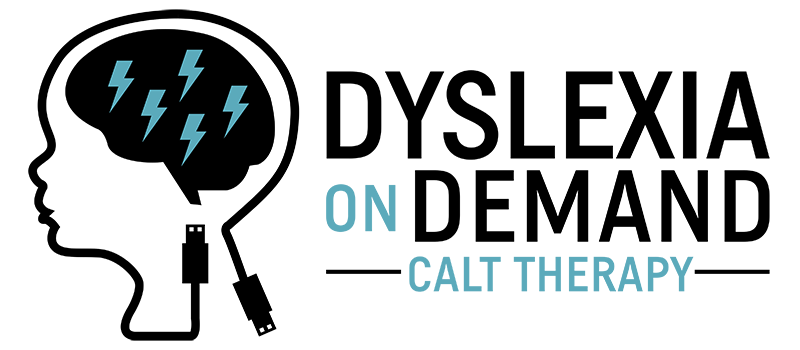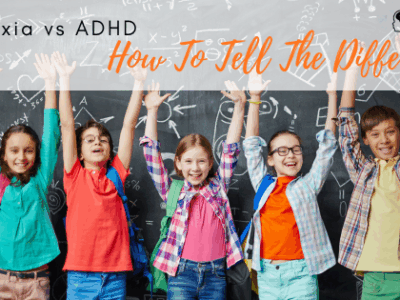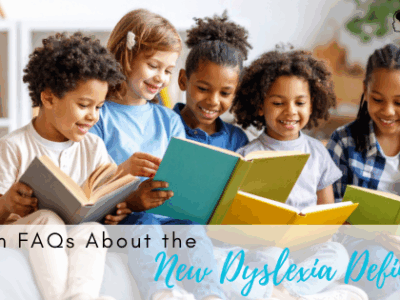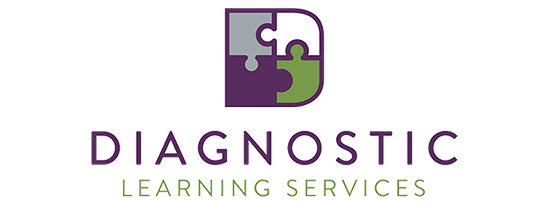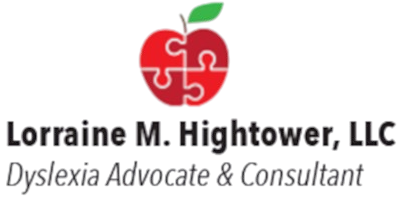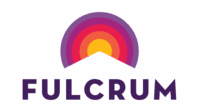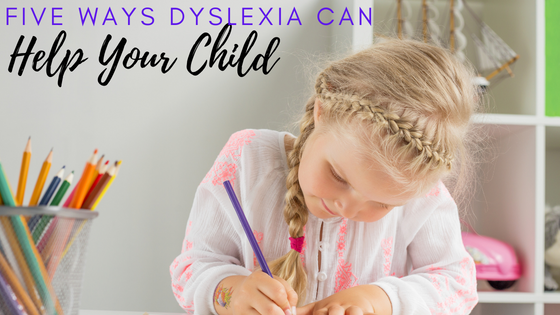
5 Ways Dyslexia Can Help Your Child
Dyslexia is often defined in negative terms: a deficit, a disability, a difficult thing. While dyslexia can negatively impact skills in reading, spelling, and fluency, students with dyslexia can have many other strengths. Identifying dyslexia early and designing appropriate instruction is key, but know that there are not just limitations to dyslexia. There are benefits too. Dyslexia can help your child.
- Dyslexia often offers creative gifts. Among these gifts are abstract thinking, creativity, and imagination. Some of the most brilliant and creative minds have lived with a specific learning disability; Leonardo da Vinci, Walt Disney, and Albert Einstein all were dyslexic. Imagine the world without all the art, characters, and theories attributed to these great thinkers. Encourage your child with dyslexia to explore his or her imagination, and offer avenues to express creativity.
- Empathy is strong. Unfortunately, dyslexia can often cause someone to be anxious, stressed, confused, or embarrassed. On a positive note, this makes a dyslexic person more inclined to be able to connect with and understand others who deal with similar difficulties. In other words, people with dyslexia can be empathetic for those who struggle. This translates to a larger life skill of high emotional intelligence, which is helpful for human connections throughout life.
- Isn’t that spatial? Visual-spatial thinking, the process of reasoning with visual images or pictures, can be quite strong in people with dyslexia. Drawing, building, and figuring out how things work are often areas in which dyslexics tend to excel. These are processes that aren’t based on words and language, and people with strong visual-spatial abilities are able to examine things from all angles, often seeing with their mind’s eye. It’s no wonder then, that many people with dyslexia go into fields such as engineering, organic chemistry, industrial and graphic design, architecture, and construction. Spatial intelligence is so valuable in so many fields.
- Learn from experience. Some people with dyslexia tend to have strong memory and a keen ability to recall facts. Most dyslexics tend to remember things as experiences or stories. They’re often able to verbally recall or retell details. This learning from experience is known as narrative reasoning, and it’s a prominent strength. Vivid memories are powerful, and the ability to tell stories is an important skill.
- They’re professional problem solvers. Thinking outside the box is such a gift. It allows you to have a different perspective, and it helps you to solve problems with a creative approach. Three-dimensional thinking and excellent overall thinking skills can help dyslexics to come up with great approaches to problem solving. This has inspired many with this specific learning disability to become successful entrepreneurs, lawyers, or even politicians.
Dyslexia isn’t a disability; Instead, it is a valuable part of neurodiversity in humans. One of the best things we can do for people with dyslexia is to build on their strengths. There are so many ways to support students with dyslexia. Get in touch with Dyslexia on Demand to find the best kind of support. Learn more about our approach to alleviating learning struggles here.
